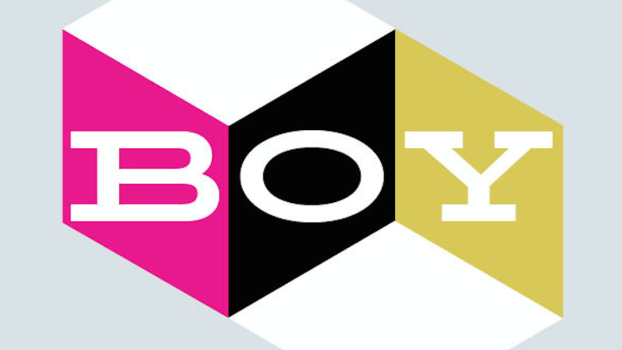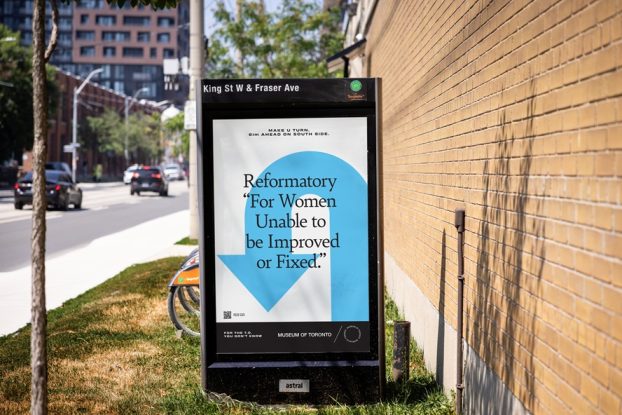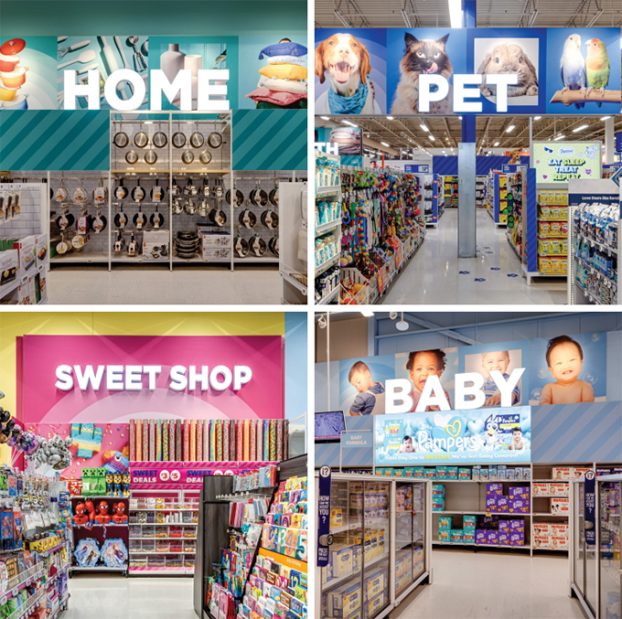 The better-for-you foods category has exploded over the last few years. That means that to get noticed, you’d better get loud. No Sugar Company bursts into the room with its personality, but earns its spot based on its purpose-driven mission to help consumers reduce their everyday sugar consumption.
The better-for-you foods category has exploded over the last few years. That means that to get noticed, you’d better get loud. No Sugar Company bursts into the room with its personality, but earns its spot based on its purpose-driven mission to help consumers reduce their everyday sugar consumption.
No Sugar Company, a brand that houses a variety of no-sugar snacks and drinks, relies on some conventional – and unconventional – marketing methods. Last year, it made a splash with a colourful Super Bowl commercial to announce the launch of its line of sugar-free beverages, Joyburst. It also worked with celebrities such as Kate Hudson, Snookie, Kelly Osbourne and Jesse Metcalfe, who used their social media influence to provide consumers with coupon codes.
But the brand has made some noise in other ways – literally. To grab consumers attention, Woodgate sang the praises of its products by partnering with Vanilla Ice on the song “Joyburst,” as well as “It’s a No for Me,” to reveal the dangers of sugar in an unexpected way. “Music is a fun way to deliver these messages creatively,” says No Sugar Company CEO Brad Woodgate. Consumers can scan QR codes on No Sugar Company’s products to access its songs.
No Sugar Company uses an in-house marketing team that Woodgate credits with the know-how to think outside the box.

“Stop, collaborate and listen” is the approach Woodgate took as he partnered with Vanilla Ice to promote Joyburst.
The brand also uses its website not just for purchasing purposes, but as a learning resource. It’s created a “no sugar alliance,” which partners with other brands such as the American Heart Association, Love Good Fats, SlimQuick Pure and more, to raise awareness of the need for healthier alternatives in the mainstream. The website includes a free downloadable e-book with tips to reduce sugar intake, personal stories of how reducing sugar has benefited consumers’ health, and calls to take the no-sugar pledge.
When No Sugar Company sets out to make a new product, it expects the process to take years. The first question it asks itself is where it can make the most impact.
“We tend to look into categories that are laden with sugar and are also popular with consumers and search for that unmet need,” says Woodgate. Once determined, the brand partners with industry experts (think cereal, ice cream, etc.) to create a no-sugar version that tastes the same – or better.

No Sugar Company’s candy bar-inspired launch, Meta Bar, is all indulgence and no guilt.
For its newest product launch, Meta Bar, No Sugar Company challenged itself to create something akin to a candy bar, but with better-for-you benefits. The result was a six-layer snack packed with chocolate, caramel, peanuts, soft nougat cookie, whey protein crisps and peanut butter – but with no sugar or artificial sweeteners, and a whopping 14 g of protein.
Woodgate defines the brand’s demographic as anyone who’s looking to eat better without making a sacrifice. “Our products allow you to have that little bit of indulgence, without the guilt. I see it as a form of self-care and self-investment,” he says. And that self-care isn’t just for the adults in the household – No Sugar Company has also recently released its Kids Snack Trax, two varieties of bars for kids that contain no sugar and are also school-safe, eliminating many common food allergy categories. A portion of purchases from Kids Snack Trax are also donated to anti-bullying initiatives.
Woodgate says that one of the biggest challenges facing the low/no sugar industry is cost of ingredients – something that the company is hoping to change as part of its long-term plan. “Refined sugar is a very cheap ingredient that’s terrible for your health and yet, it’s incorporated into so many foods. Corporations that are using refined sugar can have much better margins and cheaper products, versus those who use more natural and healthier alternatives,” he says. “One of the ways we’ve been trying to fight that is by inviting other companies to leverage these better-for-you ingredients, because the higher the volume of consumption, the higher the likelihood that the price of them will go down.”
Because of this “more the merrier” approach, Woodgate welcomes competitors in the category. “We were one of the original companies in this space, and we’re happy to see others join the cause,” he says. “The fact that the category is growing is indicative of consumers realizing how dangerous overconsumption of sugar really is.”























